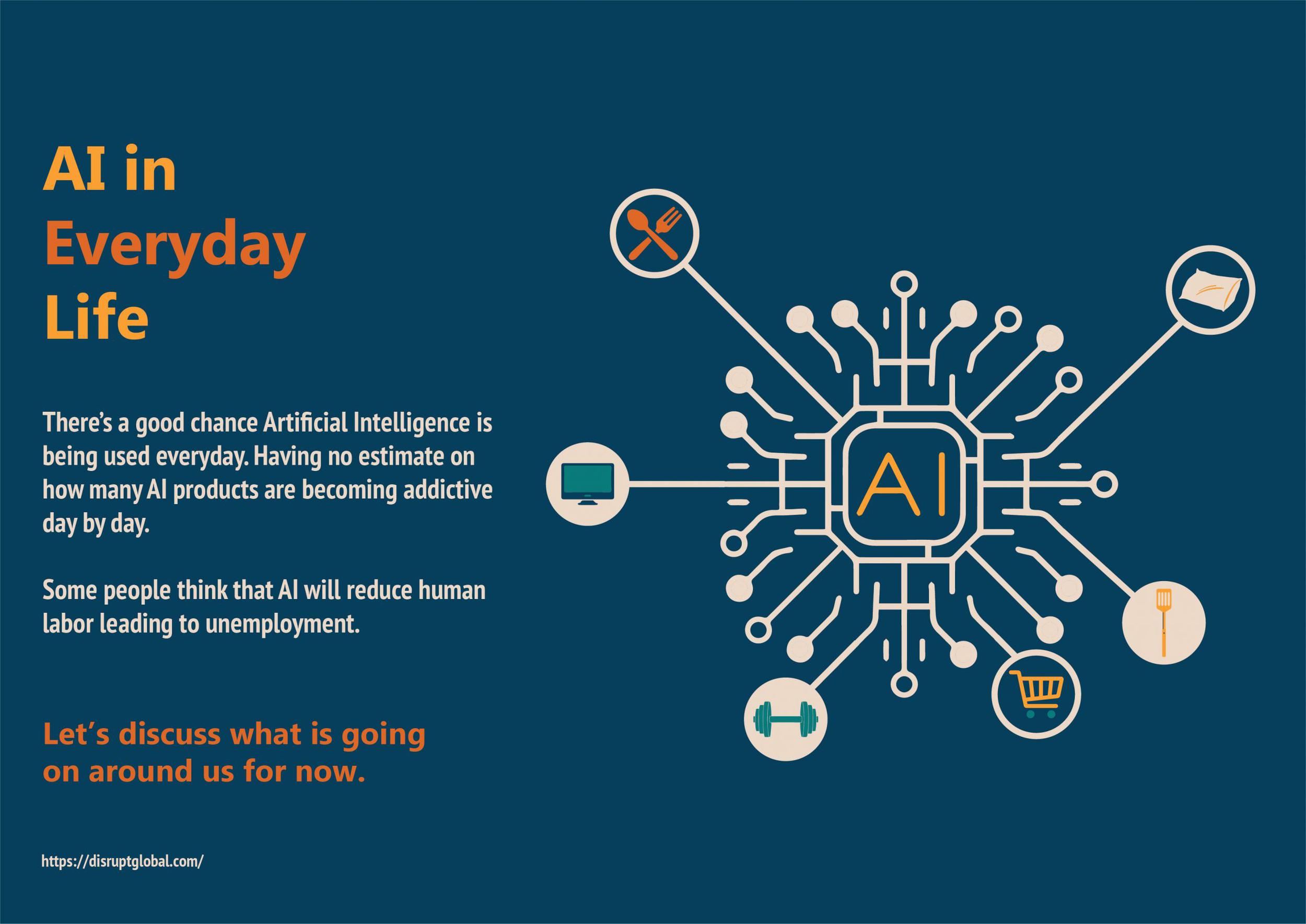Website designed with the B12 website builder. Create your own website today.
Start for free
Artificial Intelligence (AI) has rapidly evolved from a niche technology into an essential part of our everyday lives, influencing industries ranging from healthcare and transportation to finance and entertainment. As AI continues to develop, its applications are becoming increasingly sophisticated, transforming the way we interact with technology and each other. From autonomous vehicles navigating busy streets to AI-powered virtual assistants managing our daily schedules, the integration of AI is reshaping modern society. This article explores the impact of AI on various sectors, its potential for future innovation, and the ethical considerations that come with its widespread adoption.
One of the most visible applications of AI is in autonomous transportation. Self-driving cars, powered by complex machine learning algorithms and real-time data processing, are being tested and deployed worldwide. These vehicles can navigate through traffic, recognize road signs, and make split-second decisions, reducing human error and potentially lowering accident rates. In addition to cars, AI is revolutionizing public transportation, with smart traffic management systems optimizing routes and reducing congestion. Drones, another AI-driven innovation, are now used for package deliveries, surveillance, and even emergency response in disaster-stricken areas, offering efficiency and speed that traditional methods cannot match.
In the healthcare sector, AI is making groundbreaking contributions. Algorithms can now analyze medical images with incredible precision, assisting doctors in diagnosing conditions like cancer, fractures, and neurological disorders. AI-powered tools can predict patient outcomes, personalize treatment plans, and even identify potential health risks before symptoms appear. Virtual health assistants are becoming more common, offering 24/7 medical advice and reducing the burden on healthcare professionals. Furthermore, AI is instrumental in drug discovery, where machine learning models help researchers identify new compounds and accelerate the development of life-saving medications.
Smart cities represent another frontier where AI is driving change. Urban infrastructure is becoming more interconnected, with AI systems managing everything from energy consumption and waste disposal to security and public services. Smart buildings equipped with AI-driven climate control and lighting systems optimize energy efficiency, while surveillance systems powered by facial recognition enhance security. In addition, AI is transforming how cities respond to emergencies by predicting natural disasters, managing evacuation routes, and deploying resources more effectively.
The integration of AI into personal devices has also transformed how we manage our daily lives. Virtual assistants like Siri, Alexa, and Google Assistant use natural language processing to understand and respond to user commands, making tasks like setting reminders, searching for information, and controlling smart home devices effortless. AI-driven recommendation algorithms personalize our experiences on platforms like Netflix, Spotify, and Amazon, suggesting content based on our preferences and behavior. These technologies not only enhance convenience but also reshape how we consume media and interact with digital platforms.
However, the rise of AI brings with it a host of ethical and societal challenges. As AI systems become more autonomous, concerns about privacy, data security, and surveillance grow. The use of facial recognition technology in public spaces, for example, has sparked debates about individual rights and government overreach. Additionally, the automation of jobs through AI threatens to displace workers in various industries, raising questions about economic inequality and the future of employment. Ensuring that AI systems are transparent, unbiased, and accountable is critical to addressing these challenges and building trust in AI technologies.
Looking ahead, the future of AI is filled with promise and potential. As AI continues to evolve, it will play a crucial role in addressing global challenges, from climate change and public health to education and social justice. Collaborative efforts between governments, industries, and researchers will be essential in ensuring that AI is developed and deployed responsibly. With thoughtful regulation and ethical considerations, AI has the power to create a more efficient, equitable, and sustainable world.